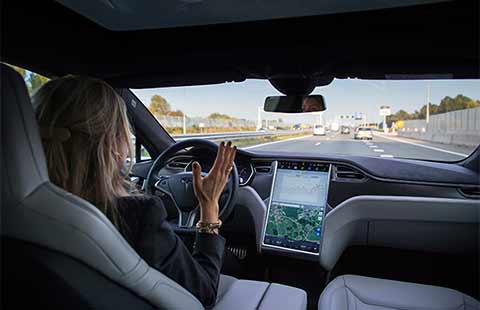Behind US unsubstantiated security claims
(Xinhua) Updated: 2012-09-14 16:24WASHINGTON -- With anemic economic recovery and persistent high unemployment in the United States, some US lawmakers again are scapegoating China for America's self-induced, domestic economic woes.
Following a public hearing Thursday, the US House Intelligence Committee bashed the Chinese telecom companies Huawei and ZTE for alleged government ties, believing that China "has been stealing American trade secrets through backdoors in equipment sold by both companies".
In the absence of clearly stated and specified evidence, continued anti-market intervention in the case of Huawei neither serves US interests nor represents its values.
There is no country or company in the world that needs to shoulder overriding obligations to please US lawmakers. The only duty for the businesses is to operate in accordance with local regulations and with due respect for the law.
In this regard, both Huawei and ZTE have maintained a good track record. That is why they have expanded their business in roughly 140 countries.
"...when one set of allegations are substantiated with another set of allegations, the line between investigation and maltreatment grows thin," said a report recently released by Huawei.
As a matter of fact, Huawei and ZTE are no different than US businesses in Silicon Valley. Both companies have grown through entrepreneurship and technological innovation rather than with favoritism of the government.
However, the companies' "American Dream" was strangled in the cradle by Washington. The shackles on Huawei, ZTE and other firms will in the long run hinder job creation, capital and tax revenues in America.
China should never be an imaginary enemy under the outdated Cold-War mentality. China and Chinese companies are willing to cooperate with their US partners for a better globally vitalized economy.
It is a fallacy for US lawmakers to win over voters by smearing China and Chinese businesses during the election season. It is just another cheap excuse for the United States to launch a protectionist war.
American politicians who, instead of working with China to create values together, have been selling voters on the idea that the Chinese have been taking their jobs will find that the hype will probably backfire.
That's because it's likely the talk will ramp up possible waves of anti-market measures that would block competitive, high-quality Chinese products and in turn suffocate job creation.
- China monthly box office surpasses North America's
- China completes vehicle reform for central government
- China's official GDP data reliable: Fed researcher
- Central bank sends clearer monetary accommodation signal
- Continued influx of capital reflects investors' confidence in major Chinese cities
- A craftsman in the big city
- Future Centers to drive VW into digital era
- China promotes share, dividend incentives among SOEs
















